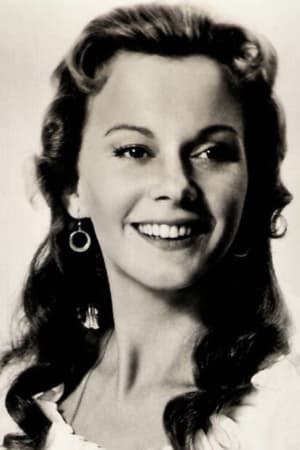
Documentary about the play Miss Julie and dramatist August Strindberg
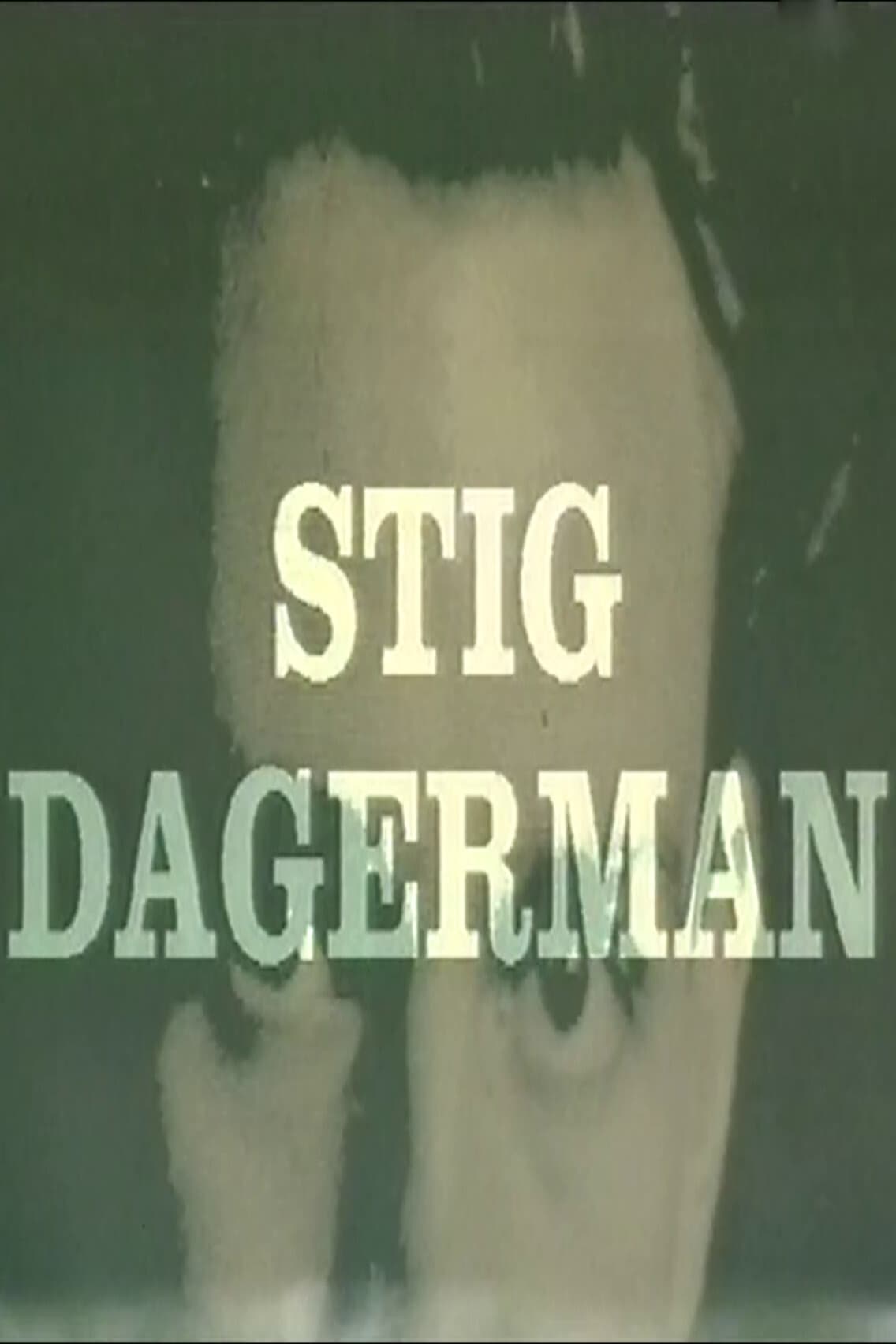
Fifty years after the Swedish author Stig Dagerman took his own life we view his short but intense career in retrospective.
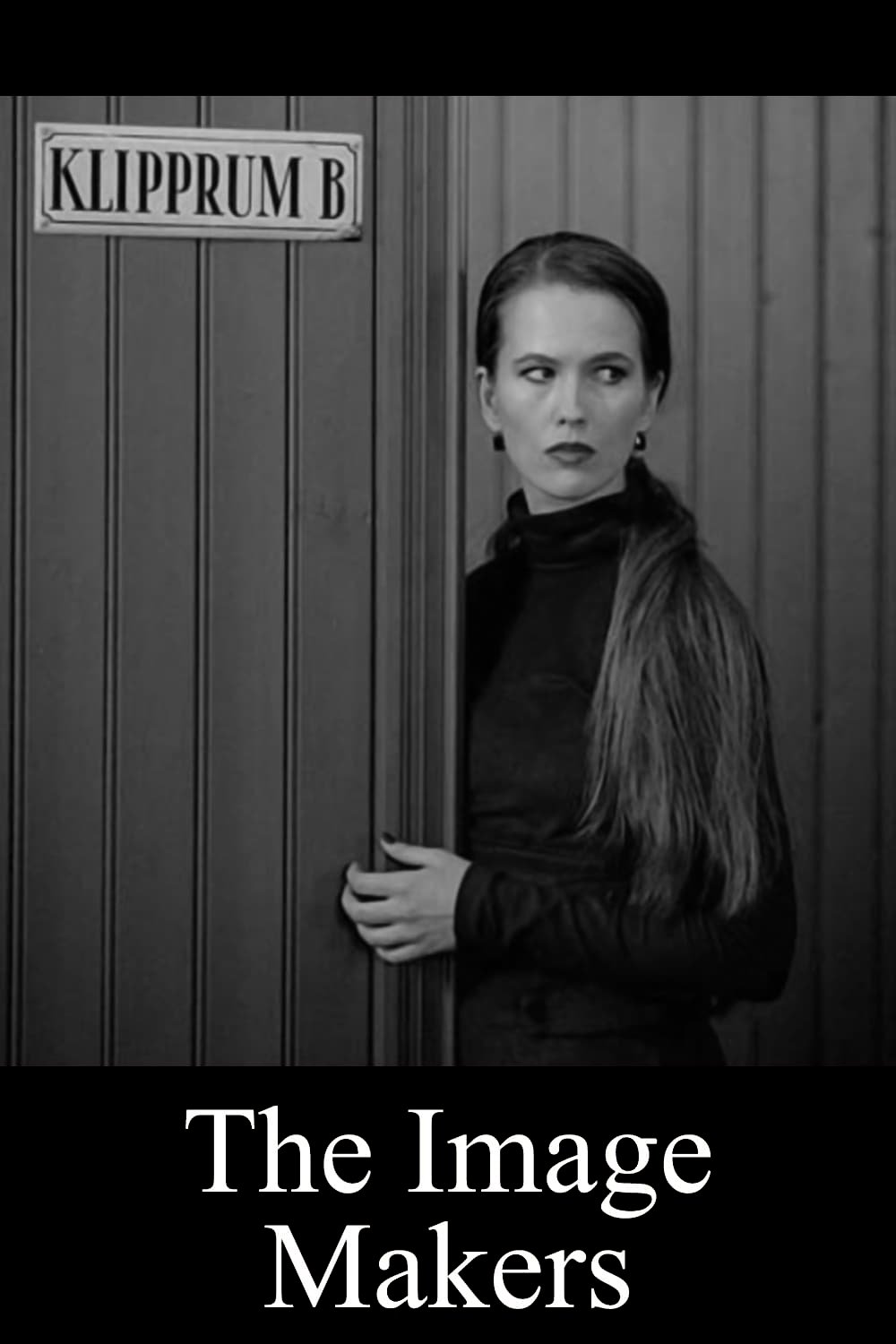
Per Olov Enquist's play about Selma Lagerlöf and Victor Sjöström after the shooting of The Phantom Carriage. Director Victor Sjöström has been shooting Selma Lagerlöf's novel The Phantom Carriage. He has invited the author to Stockholm to show her a number of scenes from the film in the presence of the talented cinematographer Julius Jaenzon and the young actress Tora Teje. The meeting between Lagerlöf, an older woman and world-famous author, and a young and talented actress becomes the focal point of the drama.
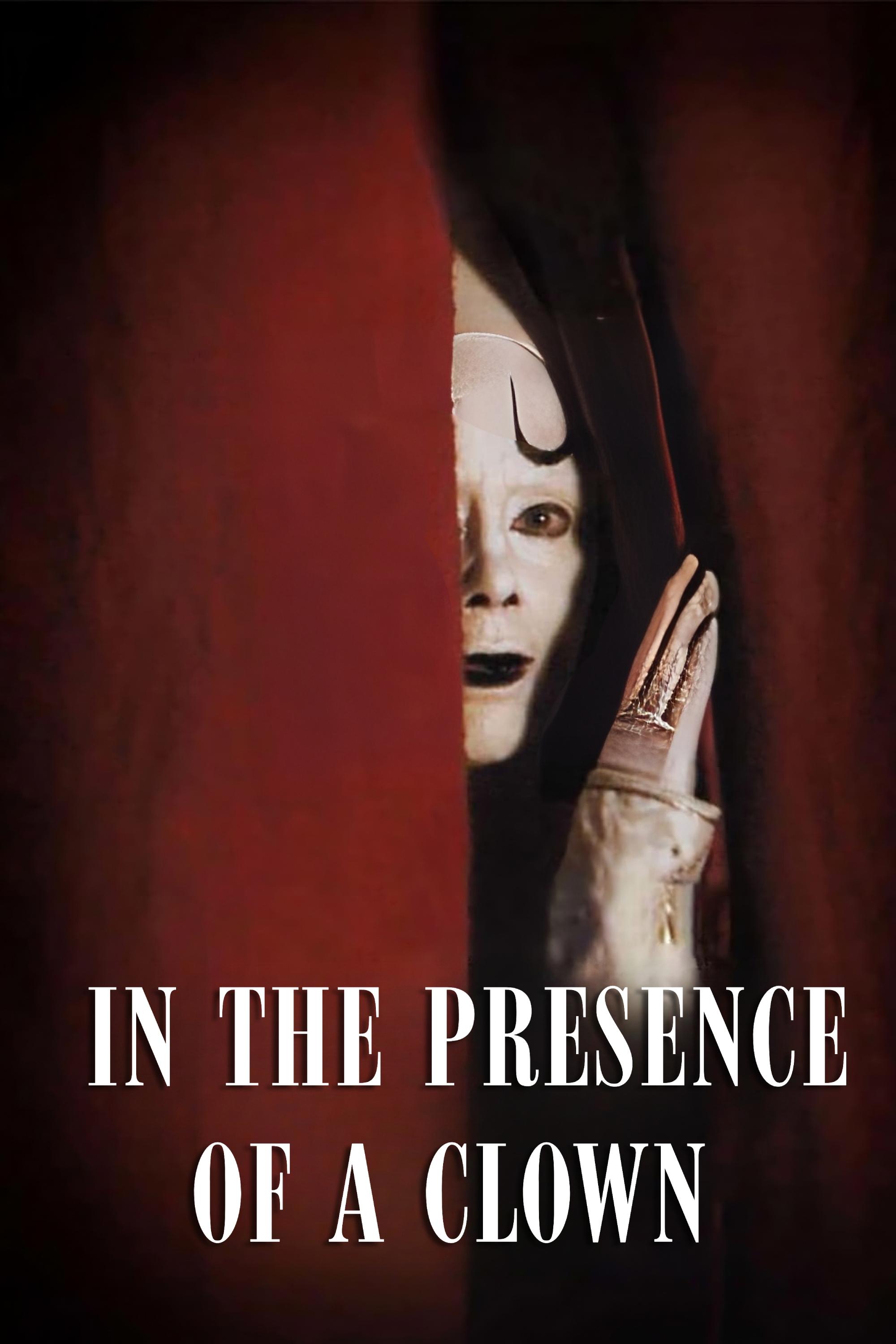
Inventor Carl Åkerblom is a rosy-cheeked 54 year-old admirer of Franz Schubert - and a patient in the psychiatric ward of Akademiska Hospital in Uppsala, after having attempted to beat to death his fiancée, Pauline Thibault. Together with another patient, Professor Osvald Vogler, they set up a film project: the living talkie. Before long, they set off on a frantic tour with their film, "The Joy of the Joyous Girl"... Written by Fredrik Klasson
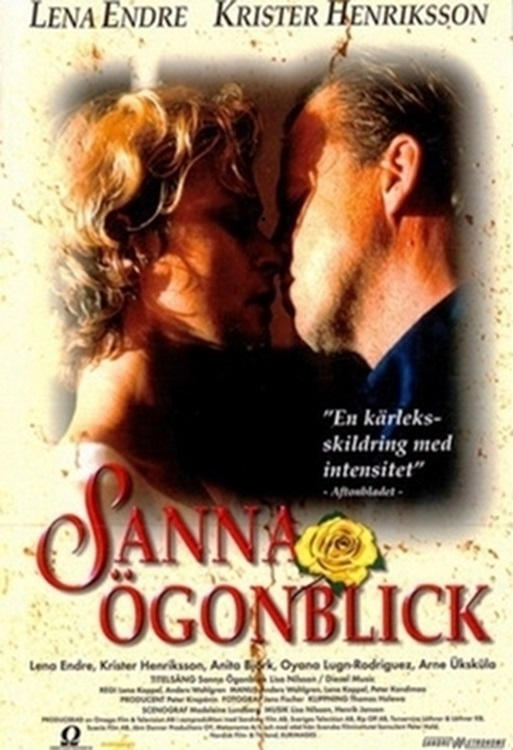
By chance Erik meets Viivi, an Estonian violinist playing in the Stockholm subway. They start an intense romance. Erik's mother dislikes the relationship, not having forgotten her escape from Estonia during the war. She reveals facts from the past and Erik finds out that his Swedish father adopted him. His real father was an Estonian nazi. Viivi has grown up in communist Estonia where her father was a party member and worked for the KGB.
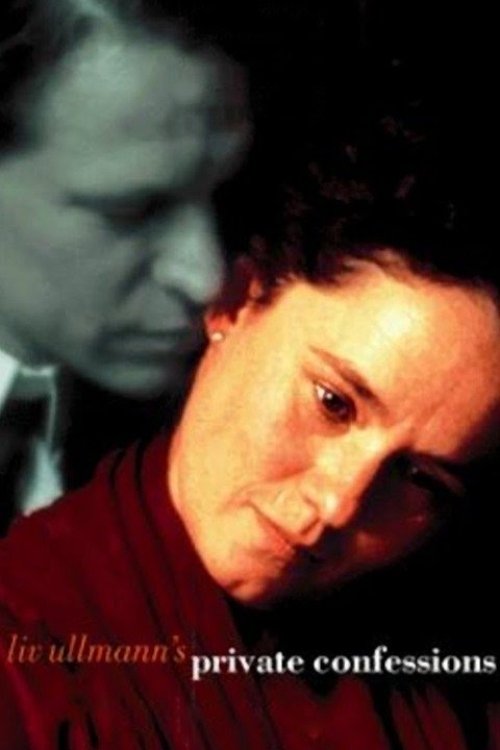
Five conversations frame a flawed marriage in this film written by Ingmar Bergman about his parents. Guilt-ridden wife Anna (Pernilla August) divulges an extramarital affair to a priest, her uncle Jacob (Max von Sydow). He presses her to confess her sins to her husband, Henrik. As the film moves back and forth in time, the notion of truth is tested. Tomas, the lover, and Henrik will find that Anna's confessions do not absolve anyone, and have the power to inflict more pain.
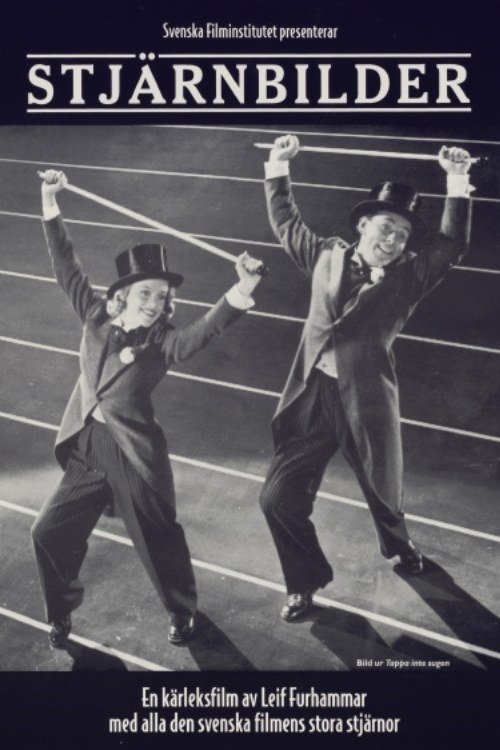
A tribute to Swedish film, which was made to celebrate the 100th anniversary of film in 1995 and consists of about a hundred clips from Swedish film history with many of its stars.
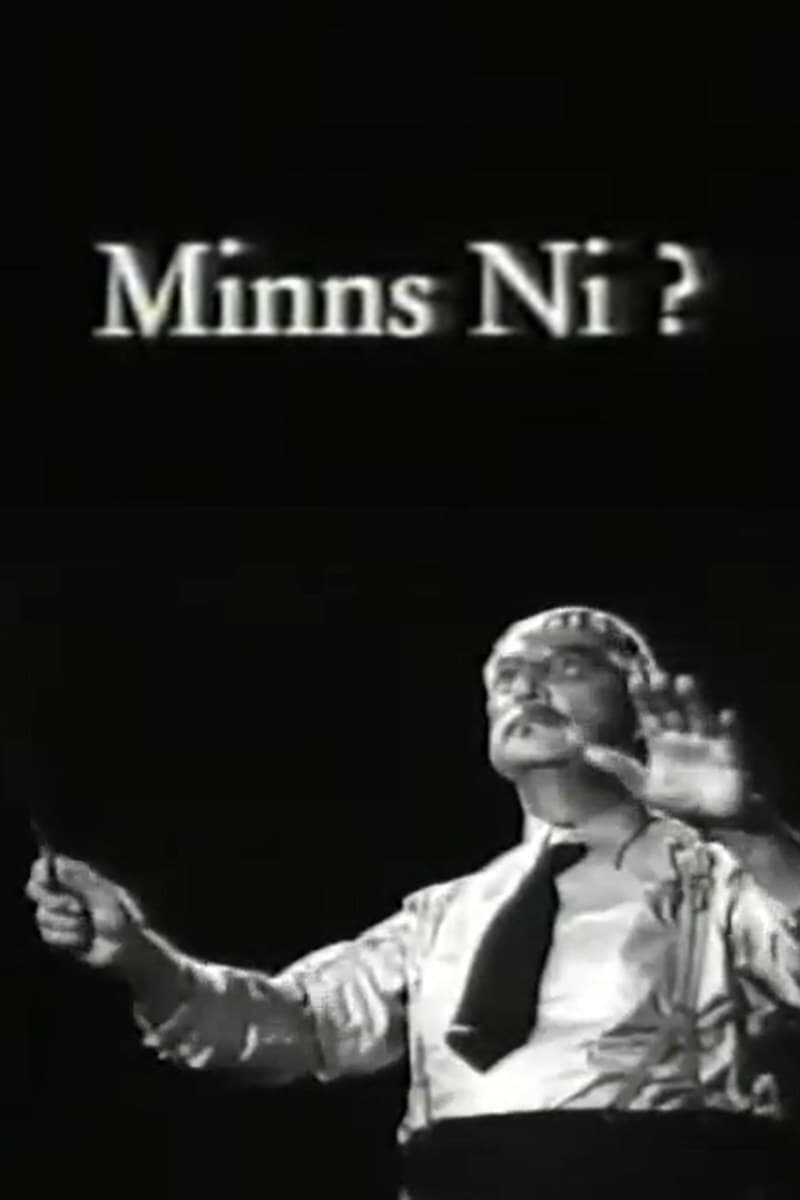
A quick overview of Swedish film history, featuring a breathtaking cavalry of scenes from about 170 films.
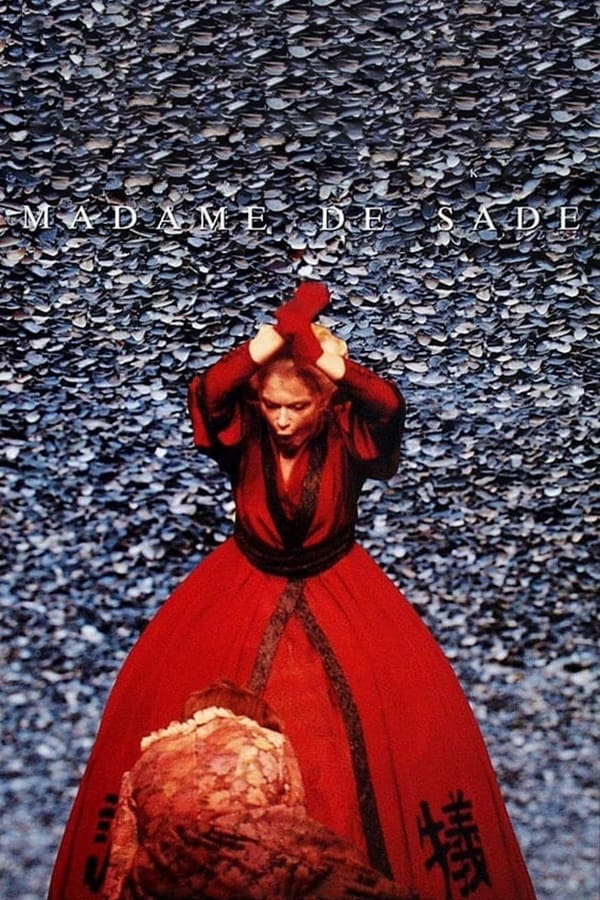
A theatre production of Yukio Mishima's play, filmed for Swedish television. It begins in France in 1772. Six Women, one of them Madame de Sade, discuss their views and feelings of the notorious sadist and sodomist Marquis de Sade.
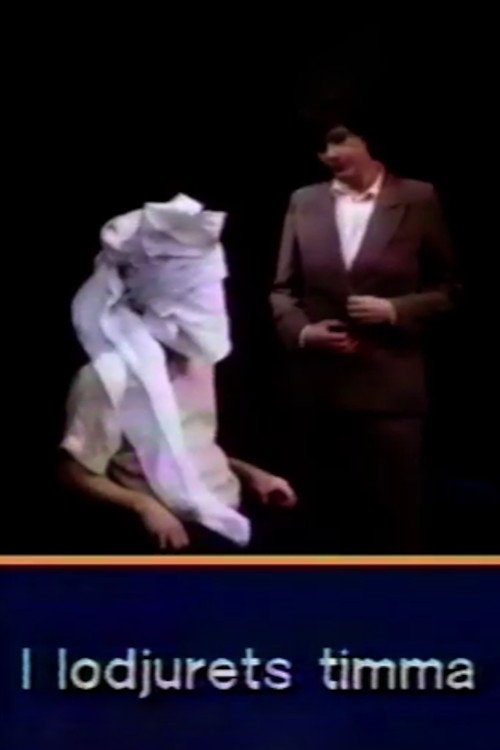
A boy imprisoned for a double murder is used in a prison experiment involving placing an animal in the cells of prisoners.
Anita Björk (born 25 April 1923) is a Swedish actress. Born in Tällberg, Dalarna, Anita Björk attended Dramatens elevskola (The Royal Dramatic Theatre's acting school) in 1942-45. Anita Björk has been a leading lady of Swedish theatre for many years and has worked at the national stage; Dramaten, since 1945, where she has performed in more than 100 parts over the years (which makes her one of the greatest actors of Dramaten). On film, Anita Björk has played leading roles - in particular - in a number of style forming Swedish thrillers and crime mystery dramas, including Det kom en gäst (1947), Moln över Hellesta (1956), Damen i svart (1958), Mannekäng i rött (1958) and Tärningen är kastad (1960). Still, her most famous part is probably her title role in Alf Sjöberg's celebrated film adaption of Strindberg's Miss Julie (1951) that was awarded with the grand prize at Cannes Film Festival. Married to Olof Bergström (1945–1951) and from 1953 with Stig Dagerman. After his death she had a relationship with Graham Greene. Currently performing in A.R. Gurney's play Kärleksbrev (Love Letters) at Dramaten, opposite Jan-Olof Strandberg (Lilla scenen; March-April, 2009). Description above from the Wikipedia article Anita Björk, licensed under CC-BY-SA, full list of contributors on Wikipedia
By browsing this website, you accept our cookies policy.